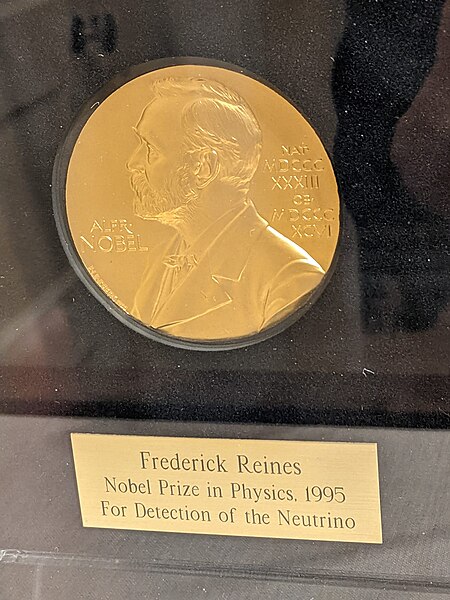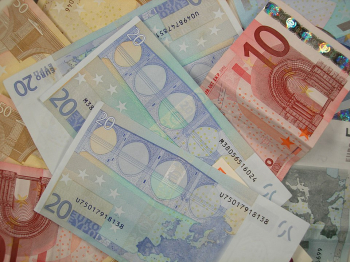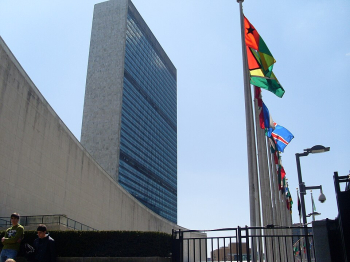
Daron Acemoglu, Simon Johnson, and James A. Robinson have been awarded the Nobel Prize in Economics for their groundbreaking work on how institutions shape
the prosperity of nations, according to an announcement by the Royal Swedish Academy of Sciences.
The Nobel Committee praised the trio for shedding light on the fundamental role institutions play in determining a country's economic success or failure. Their research, the Committee noted, helps explain why “societies with weak rule of law and exploitative institutions struggle to generate sustainable growth and positive change.”
Jakob Svensson, chair of the economics prize committee, emphasized the significance of their research, stating, "Reducing the vast income disparities between countries is one of the greatest challenges of our time. Thanks to the pioneering work of Daron Acemoglu, Simon Johnson, and James Robinson, we now have a deeper understanding of the root causes of national economic success or failure."
In their influential 2012 book, Why Nations Fail, Acemoglu and Robinson argue that the wealth of nations is largely determined by the quality of their political and economic institutions. According to their research, countries with inclusive institutions that encourage participation and innovation tend to thrive, while those with extractive institutions, which concentrate power and resources in the hands of a few, remain impoverished.
Meet the Laureates
Daron Acemoglu, born in 1967 in Istanbul, Turkey, holds a PhD from the London School of Economics and Political Science and is currently a professor at the Massachusetts Institute of Technology (MIT).
Simon Johnson, born in 1963 in Sheffield, UK, earned his PhD from MIT and also teaches at the same institution.
James A. Robinson, born in 1960, received his PhD from Yale University and is a professor at the University of Chicago.
About the Prize
Formally known as the Sveriges Riksbank Prize in Economic Sciences in Memory of Alfred Nobel, the economics prize was established in 1968 by Sweden’s central bank to honor the legacy of Alfred Nobel, who is most famous for inventing dynamite and founding the five original Nobel Prizes. The first economics laureates were Ragnar Frisch and Jan Tinbergen, awarded in 1969 for their pioneering work in econometrics.
In recent years, the economics prize has recognized researchers for their contributions to various critical issues. Last year, Harvard University professor Claudia Goldin was awarded the prize for her influential work on gender disparities in the workforce, particularly focusing on why women are employed at lower rates and face persistent wage gaps compared to men.
Despite some debate among traditionalists who question whether the economics prize should be considered a "true" Nobel Prize, it continues to be awarded alongside the other Nobel categories. The prize, like the others, is presented on December 10, the anniversary of Alfred Nobel’s death in 1896, and comes with a monetary reward of 11 million Swedish crowns (approximately $1.1 million).
Notable past recipients include Esther Duflo, the youngest laureate at age 46, and Leonid Hurwicz, the oldest at age 90.
This week’s announcement of the Nobel Prize in Economics concludes the series of Nobel laureates revealed this year, following those in medicine, physics, chemistry, literature, and peace. Photo by Arthur Smart, Wikimedia commons.

















